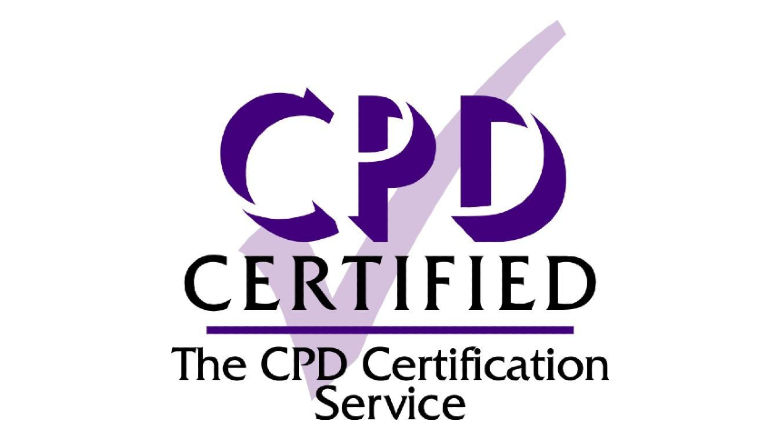The course will cover methodological issues from research design through to publication and will provide delegates with the advanced knowledge and skills they require to successfully undertake rigorous qualitative research in whichever setting they choose. It will combine theoretical and practical elements to ensure students are equipped with both understanding and ability when designing qualitative studies and undertaking qualitative analyses.
The course will run for one whole week across five consecutive days (Monday to Friday) from 9:00am to 17.00pm (BST) each day.
Course content
Day 1: Introduction to Cross-Disciplinary Qualitative Health Research (examples of included lectures are: cross-disciplinary working; undertaking sensitive research and data collection; working with non-traditional data; complex interventions; and working with healthcare records).
Day 2: Thinking Critically about Cross-Disciplinary Qualitative Health Research (examples of included lectures are: current controversies in qualitative practice and ethics; philosophical orientations; engaging groups who find healthcare hard to access; diversity in qualitative health research; and; inclusion and anonymity; and qualitative systematic reviews).
Day 3: Deductive, Evaluative, and Policy-Driven Qualitative Methodologies for Cross-Disciplinary Health Research (examples of methodologies covered are: template analysis; thematic framework analysis; discourse analysis; and content analysis;)
Day 4: Inductive and Interpretive Qualitative Methodologies for Cross-Disciplinary Health Research (examples of methodologies covered are: narrative inquiry; thematic analysis; hospital ethnography; interpretative phenomenological analysis; and grounded theory)
Day 5: Innovations in Qualitative Health Research and Making an Impact (examples of included lectures are: innovations in qualitative research; integrating qualitative and quantitative research; taking risks with qualitative research; qualitative research for psychometrics; and creative dissemination)
N.B. Exact lecture content is subject to change, however the focus of each day is correct.
Learning outcomes
By the end of the course, participants will be able to:
- Confidently select the most appropriate data collection methods (e.g. interviewing, focus groups, textual data) and data-cleaning techniques (e.g. transcription, translation, and anonymisation) and competently execute them in future qualitative and mixed-methods studies.
- Appreciate the current controversies (e.g. ethics, reflexivity, positionality) surrounding the use of qualitative methods in cross-disciplinary health research and engage with these concepts on a personal level as well as in the context with local and international research.
- Understand the theoretical and applied nature of different qualitative methodologies, including Grounded Theory, Thematic Analysis, Discourse Analysis, Template Analysis, Narrative Inquiry, Content Analysis, and Qualitative Systematic Reviews.
- Critically appraise qualitative research using different methodologies and have a comprehensive understanding of rigour in cross-disciplinary health research studies.
- Approach and appreciate qualitative datasets in a rigorous, ethical, and knowledgeable way when undertaking future qualitative research.





